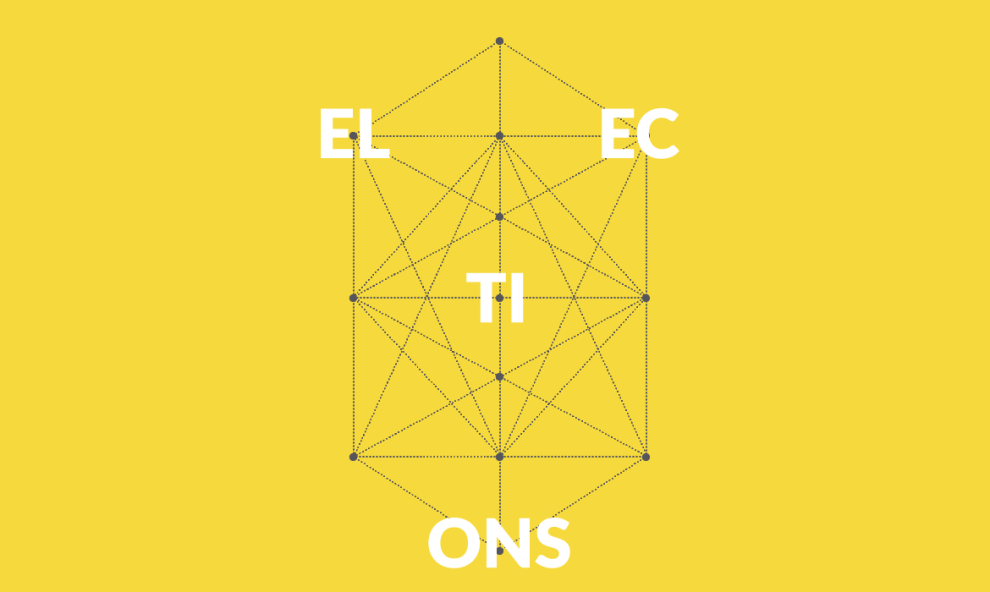A few years ago, when Italy was traversing an electoral moment, a European publication accused the Prime Minister of suffering from a disease so rare that it had yet to be found in any medical journal: “proclamitis”, the compulsive announcement of new rules of the game. Mexico’s electoral system seems to be like this. The sum of hypocrisy, distrust and the self-righteousness have led to the construction of a complex electoral system full of statutes unable to be complied with, restrictions to which no one is willing to adhere and infinite opportunities for the emergence of grievances, lawsuits and allegations. It is clear that the problem lies in that the electoral issue was resolved prior to that of the power, the reason why full electoral legitimacy will never be achieved. However, I question myself as to whether it wouldn’t be possible at the very least to rectify the absurdities and excesses that the system entails: Wouldn’t a less convoluted and more liberal system be better?
A long-standing legal principle –traffic laws come to mind- asserts that everything that is not expressly prohibited is permitted. But that’s not always the way it is: Enrique Jardiel-Poncela, the extraordinary Spanish playwright who lived through the autocratic Francoist dictatorship, wrote that the “dictatorship (is a) system of government in which everything that is not prohibited is obligatory”. Our electoral system also appears to be that way and this has not favored the procurement of greater legitimacy: nearly 40% of the population consistently rejects the result of an election when it does not endorse its favorite. In the past elections the Morena party president (Marti Batres) rebuffed disputes about the elections that his party won, but he without the least embarrassment demanded the modification of those that it lost: if I win it’s democracy, if I lose it’s election fraud. The paradox is that the majority of reforms of the last decade –reforms increasingly restrictive, extravagant and regressive- designed to satisfy those who from the outset repudiate the mechanism, especially the Morena leader (i.e. Lopez Obrador). Wouldn’t it be better to return to the spirit of the 1996 political-electoral reform, whose objective was a level playing field for there to be real competition? More freedom, fewer controls.
Even if one were to take this further, there are arguments postulating that any electoral conception is inane. Perhaps the best example is the commentary on the recent Nigerian elections of Don Boudreaux, a professor of Economics: it is interesting that the photographs that appear in the world press are of persons lining up to vote, which vindicates, he says, Western prejudices about the importance of voting in a democracy. However, he goes on, “The photos that I would most like to see are photos of Nigerians or Iraqis holding up or wheeling carts full of consumer goods, or giving cash or credit cards to store clerks—symbols not of the right to vote for politicians but rather of the right to choose freely in markets”.*
There’s no reason for one to have to choose: politics and the economy are two spaces where the population, in its character of citizen and consumer, respectively, makes decisions with respect to their personal life. Each of these spaces requires ordinances that permit the population to function. However, while it’s obvious that enormous distortions persist in the economy, in no way may they be compared with the electoral absurdities. The issue is of essence and within it dwells permanent tension, in all societies.
The tension between democracy and freedom is old and known: even in places where the political organization works well, there will always be tense circumstances between the political objective of achieving equity for all and the economic efficiency that creates disparities among citizens. That tension has been a constant in the history of humankind and every society has attempted to find the equilibrium point that works for it. In Europe, the U.S. and what is known as the West, the norm has comprised diverse variants of capitalism and democracy. In the socialist nations of the past century equality was favored over efficiency and in many Asiatic nations, notably China, emphasis has been placed on efficiency at the cost of freedom. Given the democratic disenchantment that Mexico has experienced, I ask myself what it is that the population would prefer, which equilibrium point between freedom and democracy it would favor. What I entertain no doubt about is that an overwhelming part of Mexicans think that the electoral system is excessively expensive, and that we really have no idea of the sum that it involves, surely on an order of magnitude tens of times superior to the official cost.
How can the electoral conundrum be solved? I see two possibilities. One would be to continue reforming –that is, restricting- according to the protestations presented concerning the most recent electoral contest. However, this path would demand that all law schools develop the academic specialty of negligible trivialities in order to be able to settle disputes on progressively irrelevant things. The alternative would be to recognize that the restrictions have not improved the quality of the elections, have not impeded the three great parties from undergoing significant losses nor –more importantly- have they been an obstacle to the constitution of legislative majorities. Of course, that would wind up in that interminable proclamitis (and its equivalent in electoral rules), but in the meanwhile, why not make life –in the economy and in politics- simpler and more reasonable?
*cafehayek.com march 29, 2015.
@lrubiof







Comments